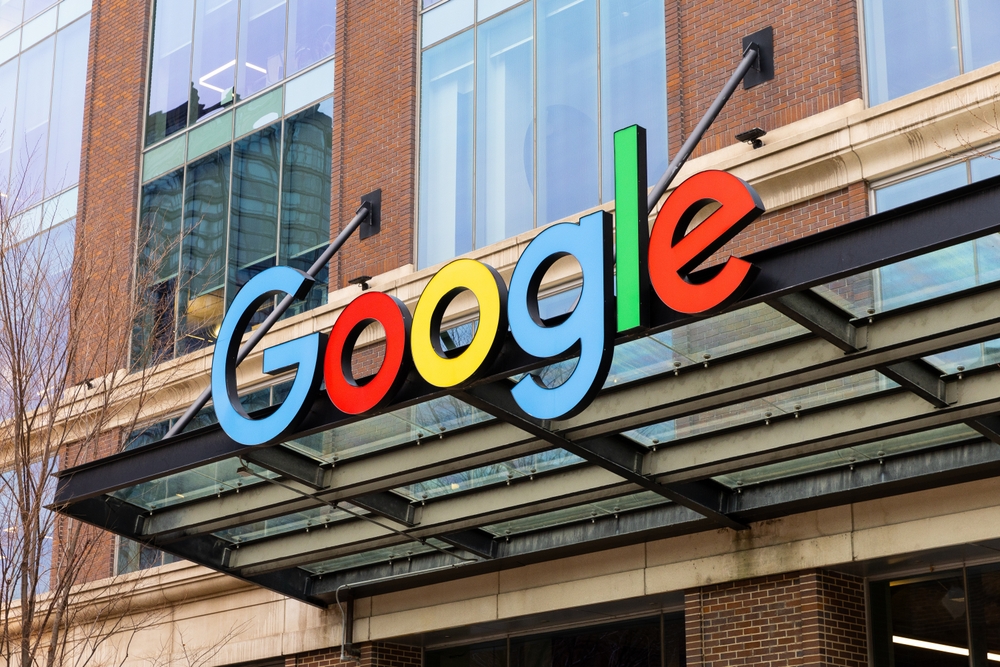
Broadcom: From Loss to Billion-Dollar AI Contracts
Most recently among the technology giants, Broadcom released its quarterly results, confirming that it undoubtedly belongs among the main winners of the artificial intelligence era. Last year, due to tax obligations stemming from the transfer of intellectual property to the U.S., the company recorded a significant one-off loss, but it has once again managed to return to high profitability – something that pleased investors as well. After the results were published, the stock rose by 16%.*
 English
English
 Slovak
Slovak
 Czech
Czech
 Hungarian
Hungarian
 Italian
Italian
 Polish
Polish

 PREMIUM
PREMIUM




